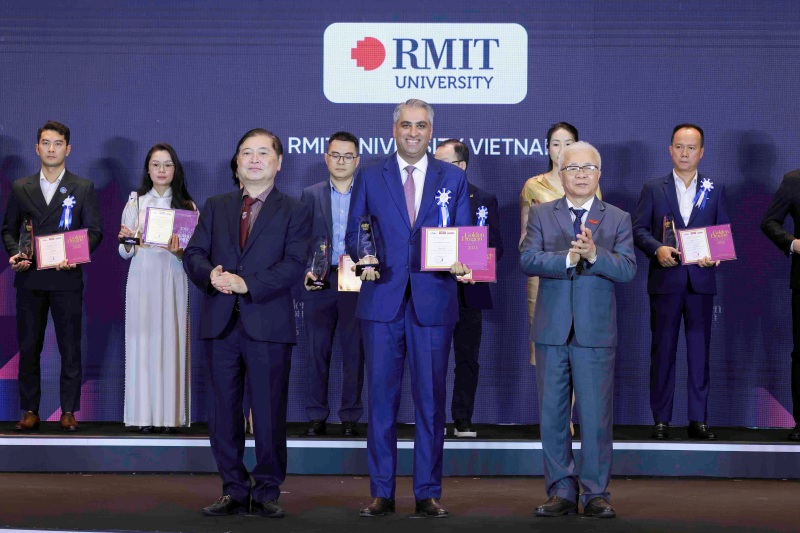Meanwhile, President of Ericsson Vietnam, Myanmar, Cambodia and Laos Denis Brunetti was upbeat about the recent developments in 5G adoption, especially with the first commercial tests being rolled out just a few weeks ago.
“5G will not only provide digital infrastructure that will help industries become more efficient and productive, but also create an innovation platform that can generate startup entrepreneurship. These startups will create new industries that we cannot even imagine today,” Mr Brunetti said.
“I believe that the next Apple, Facebook, Microsoft or IBM will come from Vietnam. [These companies] will be enabled by not only the ambition and focus on education of the Vietnamese people, but also the excellent policies set up by the Government.”
Mr Brunetti commended the measures to facilitate partnerships across innovation initiatives like smart cities and 5G.
“5G, for instance, is very much about eco-system partnerships between mobile operators, vendors (like Ericsson) that develop the infrastructure, content providers, application developers, startup entrepreneurs, university graduates, researchers etc. All these people need to work collaboratively and that’s clearly been supported by the Government in many ways.”
Partnership is also the idea behind the FTAs that Vietnam has been pursuing. With the EU–Vietnam FTA that came into effect on 1 August 2020 and the Regional Comprehensive Economic Partner (RCEP) signed on 15 November 2020, Vietnam is now a member of 14 FTAs.
RMIT International Business Senior Program Manager Dr John Walsh said that the RCEP in particular would cement the role of global value chains at a time of potential de-globalisation or "slowbalisation".
"It will enhance Asian nations’ confidence in leading transnational organisations. Opportunities will be presented to firms and individuals in all member countries and some third-party countries as well,” he said.
“To thrive in this environment, firms must be willing to work with others in partnerships and networks – and have the capability of doing so as well. They will require patience because success very rarely comes all at once.”
International Business Week is organised annually by RMIT University’s School of Business & Management in Vietnam.
Story: Ngoc Hoang





